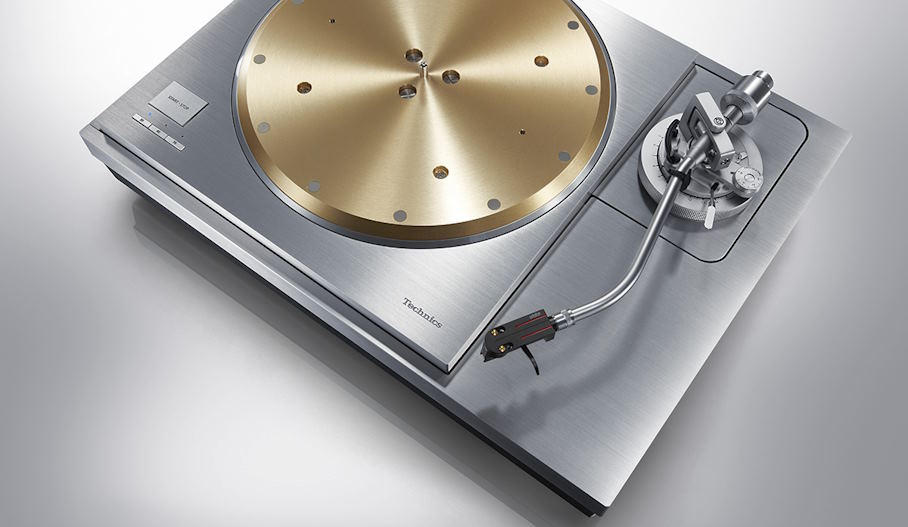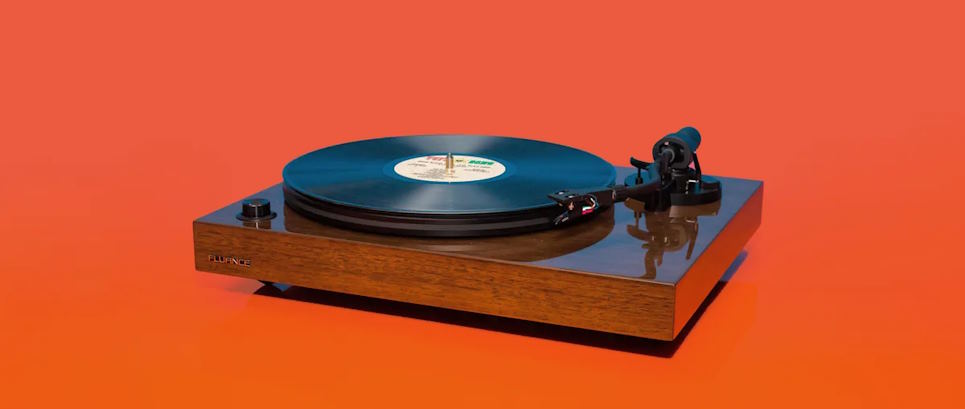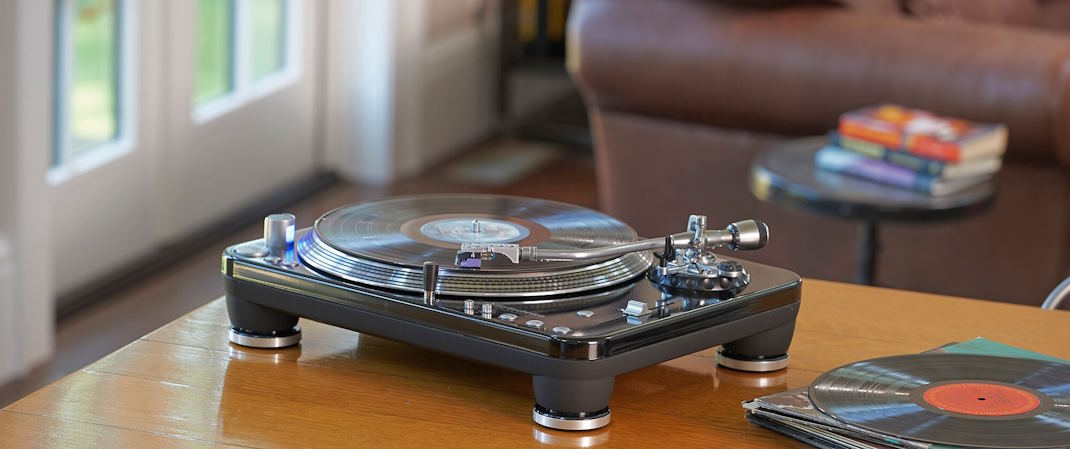How Direct Drive Record Players Enhance Classical Music Listening

Classical music, with its rich tapestry of orchestral arrangements and intricate compositions, demands a playback system capable of faithfully reproducing its nuances and subtleties. For aficionados seeking an immersive journey into the world of classical masterpieces, the choice of audio equipment is pivotal. Amidst the resurgence of vinyl records and analog playback, discerning listeners are drawn to the merits of direct drive record player, recognizing their potential to heighten the enjoyment of classical music.
The Importance of Speed Accuracy in Classical Music
In the realm of classical music, precise speed control is paramount for capturing the intended essence and emotion of each composition. Every note, every crescendo, and every delicate pause is meticulously crafted by composers to evoke specific feelings and convey profound narratives. Consequently, any deviation in playback speed can significantly alter the intended musical experience. Imagine a majestic symphony slowed down or accelerated, disrupting the flow and integrity of the piece. Such variations not only distort the tempo but also affect the tonal quality and dynamics, robbing listeners of the intended artistic expression.

Speed inconsistencies can be particularly detrimental during quiet passages or intricate passages where every note matters. Any flutter or waver in speed can disrupt the delicate balance and render the performance less immersive and engaging. Direct drive technology emerges as a solution to these challenges, offering precise and stable speed control. Unlike belt-driven turntables, which may suffer from speed fluctuations due to belt slippage or wear, direct drive record player utilize a motor directly connected to the platter, ensuring consistent rotation. This meticulous engineering minimizes speed variations, allowing classical music enthusiasts to revel in the purity and authenticity of their favorite recordings, free from the distortions caused by inaccurate playback speeds.
Eliminating Motor Noise and Vibrations
Traditional turntables often grapple with a persistent adversary: motor noise and vibrations. These unwelcome intrusions, stemming from the motor’s operation and transmission through the turntable’s components, can compromise the purity and clarity of classical music recordings. During quiet passages, where the music’s delicate nuances are unveiled, the presence of motor noise becomes particularly pronounced, disrupting the immersive experience and detracting from the music’s emotional impact. The subtlest notes and harmonies can be overshadowed by the hum and rumble emanating from the turntable, robbing listeners of the intimacy and authenticity they crave.

Direct drive technology steps in as a savior, offering a solution to this age-old dilemma. By employing a motor directly integrated into the turntable’s platter, direct drive systems minimize the transmission of motor noise and vibrations, ensuring a pristine and unadulterated listening experience. Unlike belt-driven counterparts, which rely on belts to transfer motion from the motor to the platter, direct drive turntables eliminate the need for such mechanisms, reducing points of potential vibration and mechanical noise. The result is a clearer, more immersive soundstage, where every whisper and crescendo can be experienced with unparalleled fidelity. With direct drive technology at the helm, classical music enthusiasts can immerse themselves in their favorite recordings, free from the distractions of motor noise and vibrations, and rediscover the sheer beauty and power of the music they cherish.
